Your access rights extend to most land and inland water in Scotland.
With access rights come responsibilities for both users and land managers that are detailed in the Scottish Outdoor Access Code. We encourage all our members to become familiar with the code before they head out to the hills or crags.
Access rights for non-motorised users extend to moorland, woods and forests, grassland, margins of fields in which crops are growing, paths and tracks, rivers and lochs, the coast and most parks and open spaces.
Access rights can be exercised at any time of the day or night.
Notable exceptions, include houses and gardens (defined as areas that are “intensively managed for the domestic enjoyment of the house"), greens of a golf course and structures considered to be “industrial” for example some hydroelectric dams. Construction sites and railway lines are also outwith access rights.
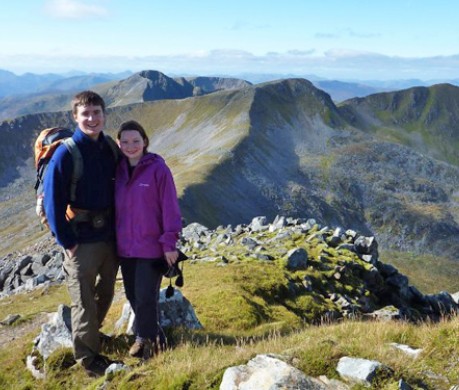
Alex Bryce
Respect the interests of other people
Acting with courtesy, consideration and awareness is very important. If you are exercising access rights, make sure that you respect the privacy, safety and livelihoods of those living or working in the outdoors, and the needs of other people enjoying the outdoors. If you are a land manager, respect people’s use of the outdoors and their need for a safe and enjoyable visit.
Care for the environment
If you are exercising access rights, look after the places you visit and enjoy, and leave the land as you find it. If you are a land manager, help maintain the natural and cultural features which make the outdoors attractive to visit and enjoy.
Take responsibility for your own actions
If you are exercising access rights, remember that the outdoors cannot be made risk-free and act with care at all times for your own safety and that of others. If you are a land manager, act with care at all times for people’s safety.
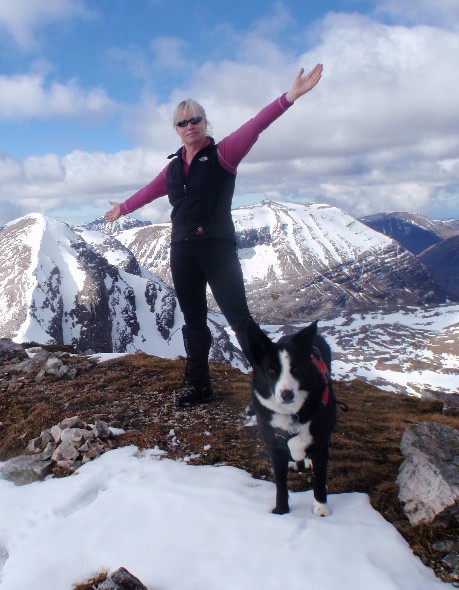
Heather Morning
Wild camping is legal in Scotland within the terms of the Scottish Outdoor Access Code.
You can read Mountaineering Scotland's position statement on wild camping in our Policies and Position Statements section.
Further information on camping rights and responsibilities, and how to camp safely, enjoyably and considerately can be found in the Camping section of our website.
There are some times of the year when additional access restrictions may apply:
During the stag stalking season (1st July to 20th October) and the hind stalking season (21st October to 15th February) extra care should be taken to avoid disturbance Find out where to get local access information to help plan your days on the hill.
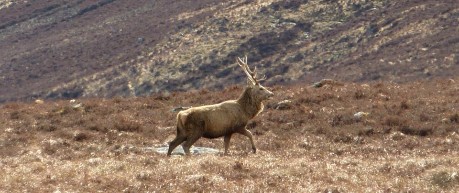
Alex Bryce
During the bird nesting season (approximately February to July) climbing and walking activities can disturb birds who are scoping nest sites or those with eggs or chicks. Read more about how you can avoid this and stay on the right side of the law - with our seasonal updates for specific crags
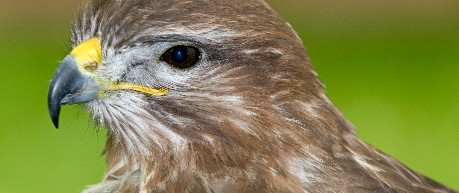
Scottish Natural Heritage
Here are some other essential sources of information and advice to help ensure you act within the principles of the Scottish Outdoor Access Code when you head to the hills or crags:
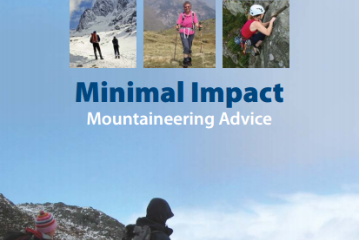
Check out our leaflet on how to act responsibly and sustainably while enjoying Scotland's mountains.
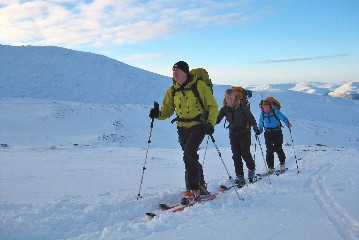
We have pulled together this simple guidance with the endorsement of resort managers and tourers to raise awareness of safe and responsible practice.